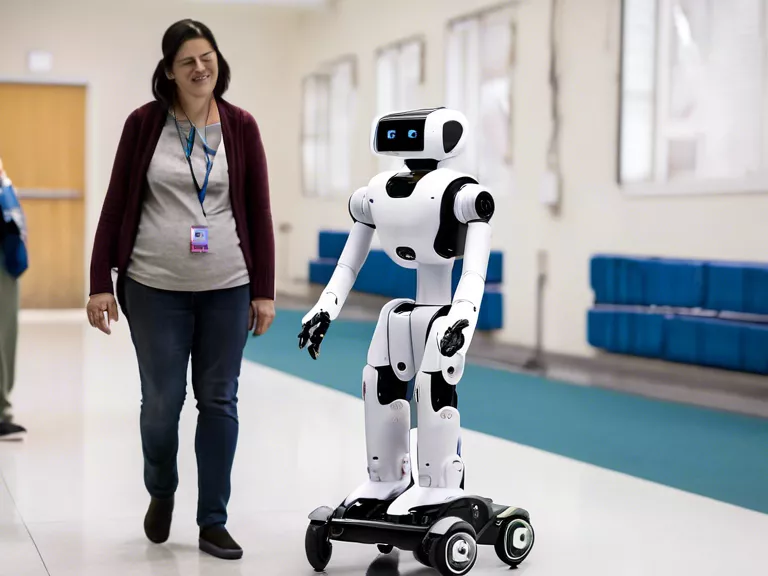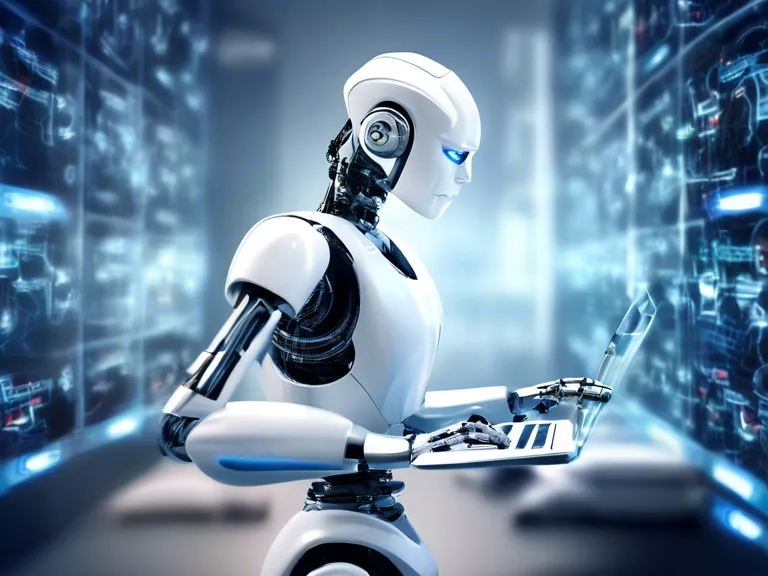
The Impact of AI and Robotics in Autonomous Vehicle Technology
In recent years, the development of autonomous vehicles has accelerated dramatically, thanks to advancements in artificial intelligence (AI) and robotics technology. AI algorithms enable vehicles to perceive their surroundings, make decisions, and navigate through complex environments without human intervention. Robotics play a crucial role in implementing these algorithms and controlling the physical movements of the vehicle. Together, AI and robotics are transforming the automotive industry and revolutionizing transportation as we know it.
One of the primary benefits of AI and robotics in autonomous vehicle technology is the improvement in safety. AI-powered systems can react faster and more accurately to potential hazards than human drivers, reducing the risk of accidents. Through machine learning, autonomous vehicles can continuously learn and adapt to new situations, making them even safer over time. Additionally, robotics ensure precise and consistent control of the vehicle, minimizing the margin of error in driving tasks.
Another significant impact of AI and robotics in autonomous vehicle technology is the optimization of efficiency and sustainability. Self-driving cars can be programmed to optimize routes, driving patterns, and energy consumption, resulting in reduced fuel consumption and emissions. Autonomous vehicles also have the potential to enhance traffic flow and reduce congestion on roads, leading to smoother and more efficient transportation systems.
Furthermore, AI and robotics enable autonomous vehicles to offer enhanced convenience and accessibility to a wide range of users. Self-driving cars can provide transportation solutions for people with disabilities, the elderly, and those who are unable to drive. By incorporating AI assistants and voice recognition technology, autonomous vehicles can also offer a more personalized and user-friendly experience for passengers.
Overall, the impact of AI and robotics in autonomous vehicle technology is far-reaching and transformative. As these technologies continue to evolve and mature, we can expect to see even greater advancements in safety, efficiency, and convenience in the realm of self-driving vehicles. The future of transportation is undoubtedly being shaped by the power of AI and robotics.



